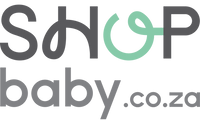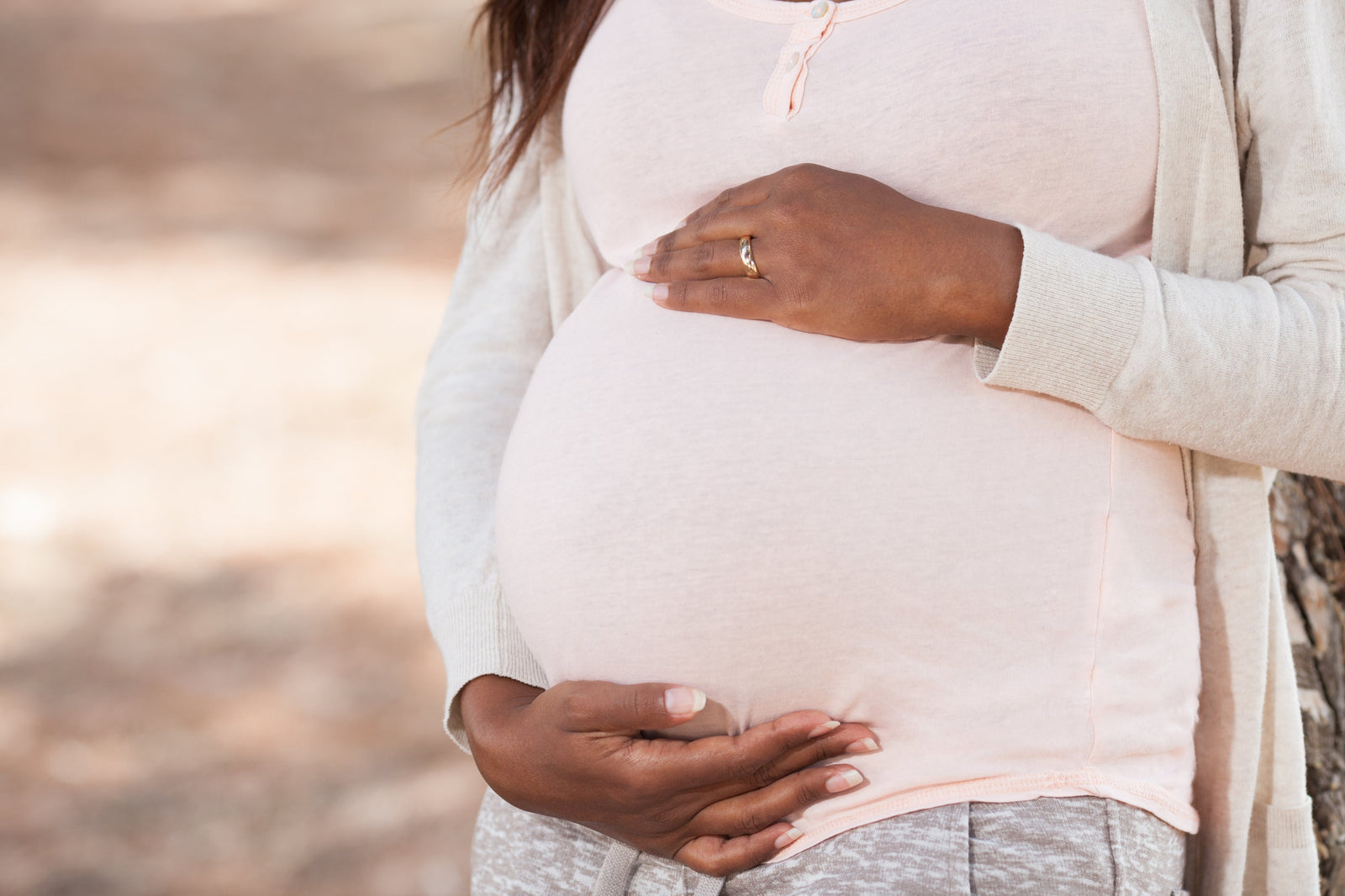By Burgie Ireland RN RM SANC
While your baby is growing in your womb, you’re developing a bond that will last a lifetime.
This begins when you hear your baby’s heartbeat for the first time. Like a thunderous gallop, this ‘beautiful noise’ assures you that your baby is ‘for real’ from as early as four weeks after conception. The first scan you have may, at first, look like a little blob on the screen, but it soon becomes recognisably human once your baby kicks and waves its little arms at you.
Your baby’s hearing is fully developed by four months and s/he can hear low and high decibels. Low decibels come from the sounds of your body – your heartbeat, breathing and digestive system. These sounds have a soothing effect on your baby while high decibels, that come from your voice and other external sounds, have a stimulating effect. These high frequency waves are also said to initiate a sort of ‘sound-code’ that’s the beginning of language. The sound of your voice is an important part of your baby’s development. Singing, playing music and talking to your baby is your first connection with one another.
While your baby swims like a little fish in the amniotic fluid, you may not feel movement until four or five months. The first flutter of life is called ‘quickening’ that’s often mistaken for wind. As your pregnancy progresses, these kicks, hiccoughs, summersaults, yoga stretches and dance routines connect you with your baby, messaging you how s/he is feeling or doing – sleeping or awake, active or just chilling, exercising, exploring or changing position.
We know today that what you eat, the way you move, your moods and emotions, all affect your unborn baby. Communicating physically and emotionally during this special time will also help you to understand baby-language after s/he is born.

